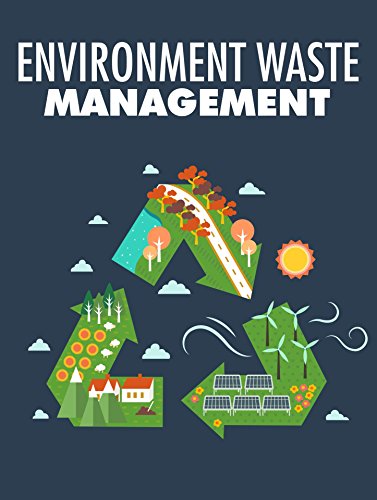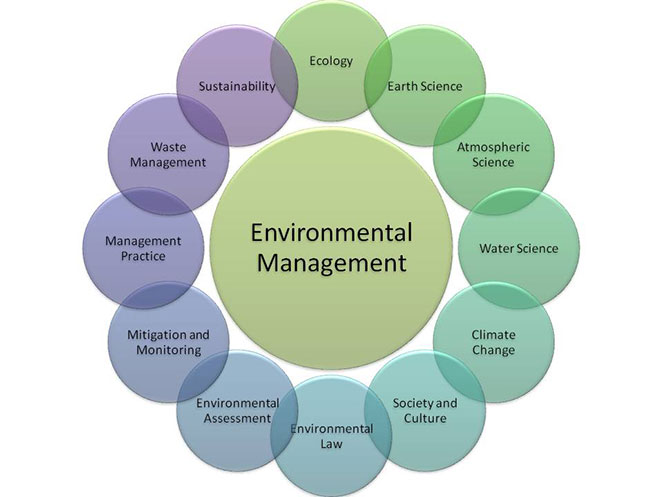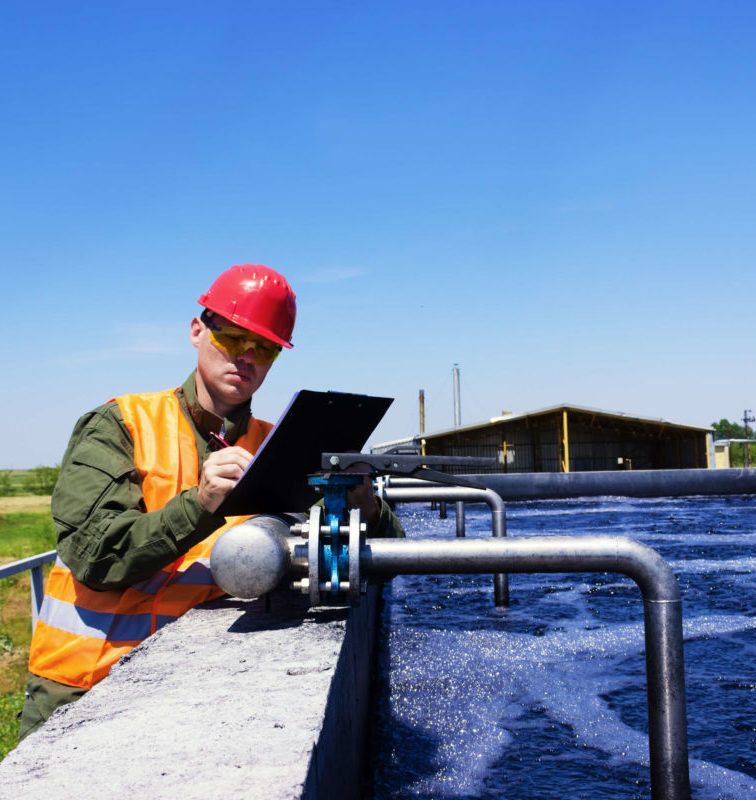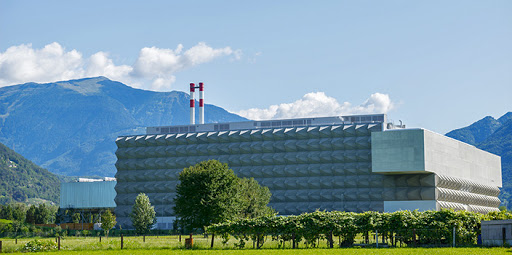

Participants will learn by active participation during the program through the use of exercises, questionnaires, syndicate and group discussion, training videos and discussions on "real life" issues in their organizations. The program is hinged around a real case study from an entirely different industry sector to provide a testing environment that develops real investigative and problem solving skills. This is supported by plenary sessions demonstrating how the issues presented translate into the oil and gas sector.
Sustainable business thinking
Legislation, policy and models for action
Tools for the assessment and interpretation of environmental and social performance
Managing waste and energy to improve efficiency
Management and reporting systems
How are social, environmental and ethical issues communicated to stakeholders?
CDGA attendance certificate will be issued to all attendees completing minimum of 75% of the total course duration
| Code | Date | Venue | Fees | Register |
|---|---|---|---|---|
| HSE167-02 | 12-04-2026 | Riyadh | USD 5450 | |
| HSE167-03 | 16-08-2026 | Cairo | USD 5450 | |
| HSE167-04 | 22-11-2026 | Dubai | USD 5450 |

Improving Environmental Performance starts by environmental impact assessment of the organization to include air, industrial and water waste, noise, and the effect of the day to day activities on the ...

The quality of groundwater used cannot be compromised any longer and the servicing requirements of on-site sewage disposal systems cannot be ignored. With limited funds available to you - the private ...

The relationship between the Environmental Protection by Energy Saving is very clear, but the most of the interested by this subject don’t take care about it.

The world is small village and the environmental issues are strongly linked into each other and depend on our daily activities. The protection of environment becomes a global issue it is the responsib ...
Providing services with a high quality that are satisfying the requirements
Appling the specifications and legalizations to ensure the quality of service.
Best utilization of resources for continually improving the business activities.
CDGA keen to selects highly technical instructors based on professional field experience
Since CDGA was established, it considered a training partner for world class oil & gas institution
3012, Block 3, 30 Euro Business Park, Little Island, Co. Cork, T45 V220, Ireland
Mon to Fri 09:00 AM to 06:00 PM
Contact Us anytime!
Request Info